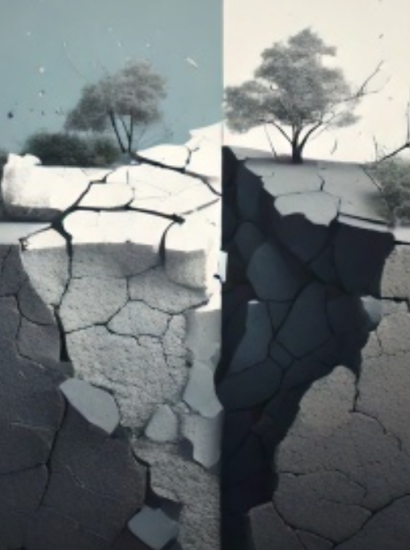This post is also available in: ΕΛΛΗΝΙΚΑ (GREEK) TÜRKÇE (TURKISH)
The outcomes from Geneva are now apparent, allowing each party to interpret them through their preferred lens. Ersin Tatar claims to have achieved “cooperation between the two sides,” while Nikos Christodoulides maintains that “the first step towards substantive negotiations has been taken”. The reality, however, can only be that which María Ángela Holguín vividly described and which António Guterres evidently endorsed. The central concept remains singular: The ultimate goal is the island’s reunification, but since current conditions do not permit this, focus shifts to cooperation between the two “states” that will eventually form the unified state.
The confidence-building measures that were ultimately accepted serve as a modest test of whether both sides can respond to the United Nations’ call to start—at minimum—a dialogue of engagement. Results from these efforts will be evaluated at the second (informal) five-party meeting in July, where more substantive ideas might emerge.
What might these ideas include? Acknowledging my lack of technical expertise regarding implementation (which I’m certain can be addressed given sufficient political will), one scenario worth discussing could be WATER for ENERGY. What does this mean? The government-controlled areas are experiencing their worst water shortage period, with calculations showing they are perilously close to an absolute water crisis in the immediate future (this summer). Could the Turkish Cypriot side assist with water quantities arriving from Turkey? Meanwhile, electricity overproduction from photovoltaic installations is a major issue developing in the government-controlled areas. Enormous quantities of energy are wasted because production far exceeds consumption. Could the Greek Cypriot side provide this surplus energy to the occupied areas, where they face serious electricity problems?
I recognise that such ideas will always face rejection and criticism from those who view any cooperative initiative as “normalisation.” Yet the only normalisation we have been fuelling for decades is the complete dependence of the occupied territories on Turkey and the growing estrangement between the two sides in Cyprus.
This article was originally published on 26.03.2025
Source: WATER IN EXCHANGE FOR ENERGY






